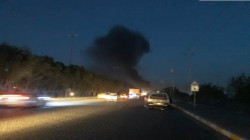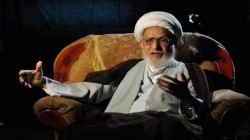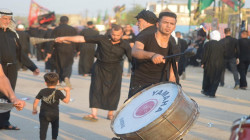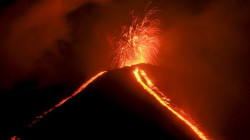Al-Hirah: the largest Christian Kingdom in Iraq left for dust and neglect
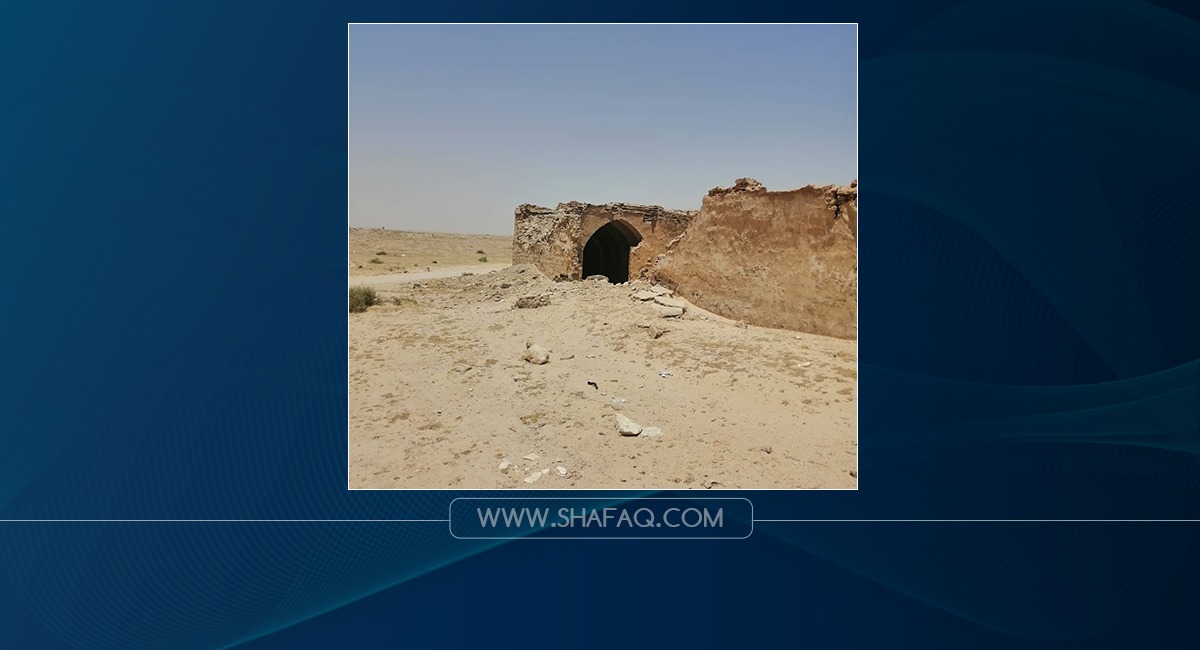
Shafaq News / Ten kilometers from the center of the Najaf governorate, South of what is now Kufa in South-central Iraq, the churches and monasteries of the ancient Kingdom of al-Hirah are located. It was once the largest Christian Kingdom in Mesopotamia, and yet it is neglected without any kind of rehabilitation to revive the area.
Historians and archaeologists differ regarding the history of the Kingdom.
The city emerged, according to ancient scrolls, in the days of King Amr bin Uday in the early 4th century A.D., when the Lakhmids took it as their capital. The city became a political, military, and religious center in the Lakhmids' era. Al-Hirah's most famous king is the Third Munthir Ibn Maa' al-Samaa'.
The once-capital city suffers from the neglect of the antiquities authorities, as the Kingdom has not received government heeds to excavate monasteries and churches to reveal its secrets.
Demands to explore the city
Dr. Hassan Ahmed, a professor of history, said that the Kindom of al-Hirah is the land that embraced the Lakhmids, an Arab state known at that time for adopting Christianity. He also pointed that many of those who lived in this territory, near the monasteries on the outskirts of al-Hirah, are Christians.
"Priests resided in remote, unpopulated territories to devote themselves to worshipping," he said, "many monasteries were built in Bahr Najaf area, located between al-Hirah, Najaf, Kufa before building Kufa or the emergence of Najaf as a city."
"Many monasteries were built here, and many people used to visit it. Muslims preserved this area and did not destroy it, and when Imam Ali took Kufa as the capital of the state, he often passed through these monasteries," he said.
Dr. Hassan Ahmed called on government agencies and organizations interested in antiquities and exploration to continue searching for the entire city's landmarks, "Previous excavations have revealed some of the city's landmarks, particularly the high area overlooking the Najaf Sea, as this area is located near the current Najaf airport."
"There will be many monasteries if excavations are carried out inside the dry area of the Najaf Sea," he added.
Germany digs in Najaf
Ahmed al-Mayali, director of tourism and antiquities in Najaf, said that the directorate had signed an agreement with the German Tourism and Antiquities Authority, which surveyed the city for four consecutive seasons, from 2014 to 2018. However, that work was suspended due to the popular protests and the COVID-19 pandemic."
"Currently, the priorities of the directorate are to protect the ancient city from abuses and then to uncover the rest of its monuments," al-Mayali told Shafaq News agency.
"Archaeological areas continue to be abused by the urbanization of Najaf," he said, "a main reason for delaying interest in archaeological sites was the lack of equity of the Ministry of Culture with funds allocated to support tourism in the governorate, as well as the wrong policies that neglected archaeological tourism."
Al-Mayali called on the Iraqi government and the Ministry of Culture to pay attention to the antiquities, protect them, and allocate funds in the upcoming budgets to maintain the discovered and explore the still hidden sites.
Hussein Alwan, a resident of al-Hirah district, highlighted the importance of tourism in the city. It can provide job opportunities to the district's unemployed people if invested properly. He also called on the Ministry of Culture and Antiquities to, "rehabilitate the ancient city and its surroundings to attract tourists to it."
"The chances of success of al-Hirah as a tourist destination is high as the governorate of Najaf is visited by millions annually from inside and outside Iraq. Also, an international airport is located very close to the archaeological city. It is also an archaeological tourist facility that is different from what is known and traditional in Najaf, the city famous for religious tourism," Alwan concluded.
